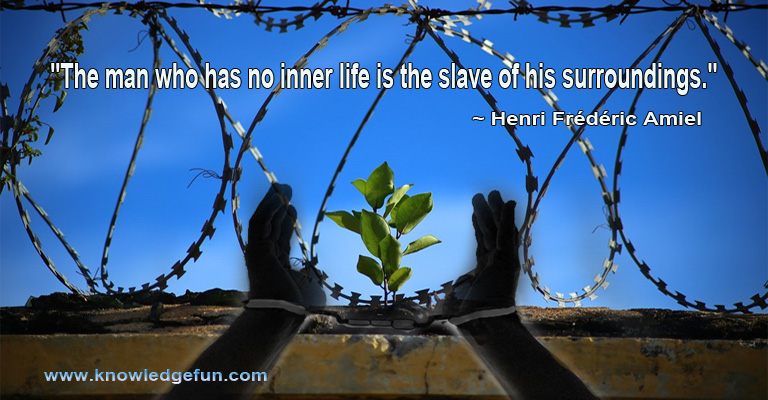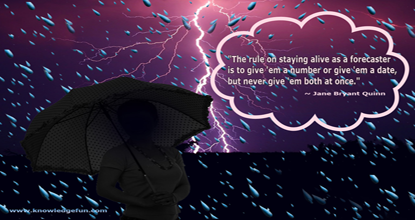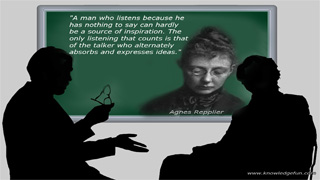The Science of Psychology
By William Henry Pyle
Now, let us ask, what is the science of psychology? What kind of problems does it try to solve? What aspect of the world has it taken for its field of investigation?
We have said that each science undertakes to describe some particular aspect of the world. Human psychology is the science of human nature. But human nature has many aspects. To some extent, our bodies are the subject matter for physiology, anatomy, zoology, physics, and chemistry. Our bodies may be studied in the same way that a rock or a table might be studied. But a human being presents certain problems that a rock or table does not present. If we consider the differences between a human being and a table, we shall see at once the special field of psychology. If we stick a pin into a leg of the table, we get no response. If we stick a pin into a leg of a man, we get a characteristic response. The man moves, he cries out. This shows two very great differences between a man and a table. The man is sensitive and has the power of action, the power of moving himself. The table is not sensitive, nor can it move itself. If the pin is thrust into one's own leg, one has pain. Human beings, then, are sensitive, conscious, acting beings. And the study of sensitivity, action, and consciousness is the field of psychology. These three characteristics are not peculiar to man. Many, perhaps all, animals possess them. There is, therefore, an animal psychology as well as human psychology.
A study of the human body shows us that the body-surface and many parts within the body are filled with sensitive nerve-ends. These sensitive nerve-ends are the sense organs, and on them the substances and forces of the world are constantly acting. In the sense organs, the nerve-ends are so modified or changed as to be affected by some particular kind of force or substance. Vibrations of ether affect the eye. Vibrations of air affect the ear. Liquids and solutions affect the sense of taste. Certain substances affect the sense of smell. Certain organs in the skin are affected by low temperatures; others, by high temperatures; others, by mechanical pressure. Similarly, each sense organ in the body is affected by a definite kind of force or substance.
This affecting of a sense organ is known technically as stimulation, and that which affects the organ is known as the stimulus.
Two important consequences ordinarily follow the stimulation of a sense organ. One of these is movement. The purpose of stimulation is to bring about movement. To be alive is to respond to stimulation. When one ceases to respond to stimulation, he is dead. If we are to continue alive, we must constantly adjust ourselves to the forces of the world in which we live. Generally speaking, we may say that every nerve has one end in a sense organ and the other in a muscle. This arrangement of the nerves and muscles shows that man is essentially a sensitive action machine. The problems connected with sensitivity and action and the relation of each to the other constitute a large part of the field of psychology.
We said just now, that a nerve begins in a sense organ and ends in a muscle. This statement represents the general scheme well enough, but leaves out an important detail. The nerve does not extend directly to a muscle, but ordinarily goes by way of the brain. The brain is merely a great group of nerve cells and fibers which have developed as a central organ where a stimulation may pass from almost any sense organ to almost any muscle.
But another importance attaches to the brain. When a sense organ is stimulated and this stimulation passes on to the brain and agitates a cell or group of cells there, we are conscious. Consciousness shifts and changes with every shift and change of the stimulation.
The brain has still another important characteristic. After it has been stimulated through sense organ and nerve, a similar brain activity can be revived later, and this revival is the basis of memory. When the brain is agitated through the medium of a sense organ, we have sensation; when this agitation is revived later, we have a memory idea. A study of consciousness, or mind, the conditions under which it arises, and all the other problems involved, give us the other part of the field of psychology.
We are not merely acting beings; we are conscious acting beings. Psychology must study human nature from both points of view. We must study man not only from the outside; that is, objectively, in the same way that we study a stone or a tree or a frog, but we must study him from the inside or subjectively. It is of importance to know not only how a man acts, but also how he thinks and feels.
It must be clear now, that human action, human behavior, is the main field of psychology. For, even though our main interests in people were in their minds, we could learn of the minds only through the actions. But our interests in other human beings are not in their minds but in what they do. It is true that our interest in ourselves is in our minds, and we can know these minds directly; but we cannot know directly the mind of another person, we can only guess what it is from the person's actions.







